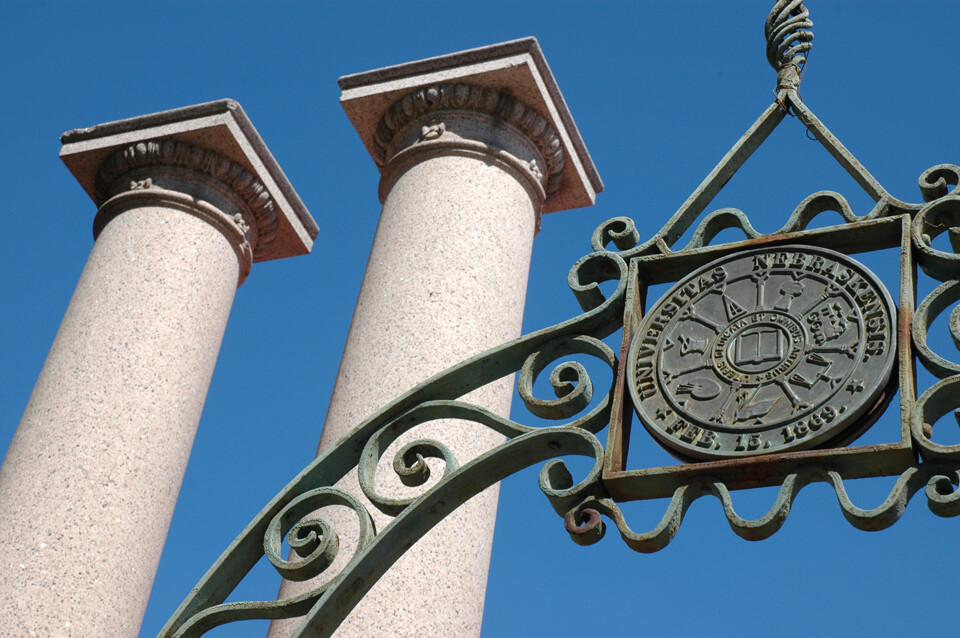
UNL undergraduates placed on academic probation have a new program to help get back on track academically. The Academic Probation Recovery Program, which begins the first week of January, requires students to attend an intake session, meet with a recovery coach, and develop an academic plan for success.
“No student plans to be on academic probation,” said Amy Goodburn, associate vice chancellor of Academic Affairs. “It can be a huge surprise and it can negatively impact a student’s self-esteem. This new program is designed to provide support, resources, and encouragement to help students achieve their academic goals.”
Bill Watts, director of University Advising and Career Services, said that the new program was developed based on recommendations from a task-force and feedback from the Advising Coordinating Board, college associate deans for academic programs, and the Enrollment Management Council. The task force also reviewed other institutions, such as the University of South Carolina, Virginia Tech University, and Clemson University, which have successfully improved retention and graduation rates with proactive outreach to students on probation.
Once fall semester grades are calculated, students on probation status will receive a letter and an email from the Office of the University Registrar. The email directs them to sign up through MyPLAN for an intake session where they will learn about probation processes, how to return to good standing, and complete a self-assessment. The self-assessment is the first step in a reflective process designed to engage students in understanding what their individual struggles have been and how to overcome them to achieve their academic potential.
Watts said the academic recovery plan is key to helping students reflect on their academic strengths and weaknesses and develop concrete goals for improvement.
“Data and experience tells us that students who begin to look inward to understand why they’ve struggled academically and then connect with campus resources are more likely to improve their situation and advance to graduation,” Watts said.
Heather Ockenfels, director of First-Year Experience and Transition Programs, said intake sessions will educate students on how to return to good academic standing and refer them to available campus resources .
“Our team of Academic Success Coaches is excited to work with students one-on-one and provide personalized resources to assist them in the classroom,” Ockenfels said. “We’ve added Academic Success Workshops for the spring semester to give students more access and build their academic skills.”
Campus leaders are training a range of staff and faculty academic advisers to serve as recovery coaches. The coaches will collaborate with students to design academic recovery plans that meet their individual needs. The new program will encourage relationship building with advisers, encourage use of academic support services, and help students identify the causes of their academic struggles and take responsibility for moving forward.
Once a student has completed the steps in his or her individualized Academic Recovery Plan, the registration hold placed on their account will be lifted, enabling them to register for subsequent semesters.
“I am excited about this program” said Deepak Keshwani, an assistant professor of biological systems engineering and a faculty adviser who will serve as a recovery coach. “This program helps the advising community by enabling us to reach out to students to develop and implement individualized and personal academic recovery plans. In doing so, we are maximizing their likelihood of success.”
For more information, including a schedule of intake sessions, go to http://success.unl.edu/probation.







